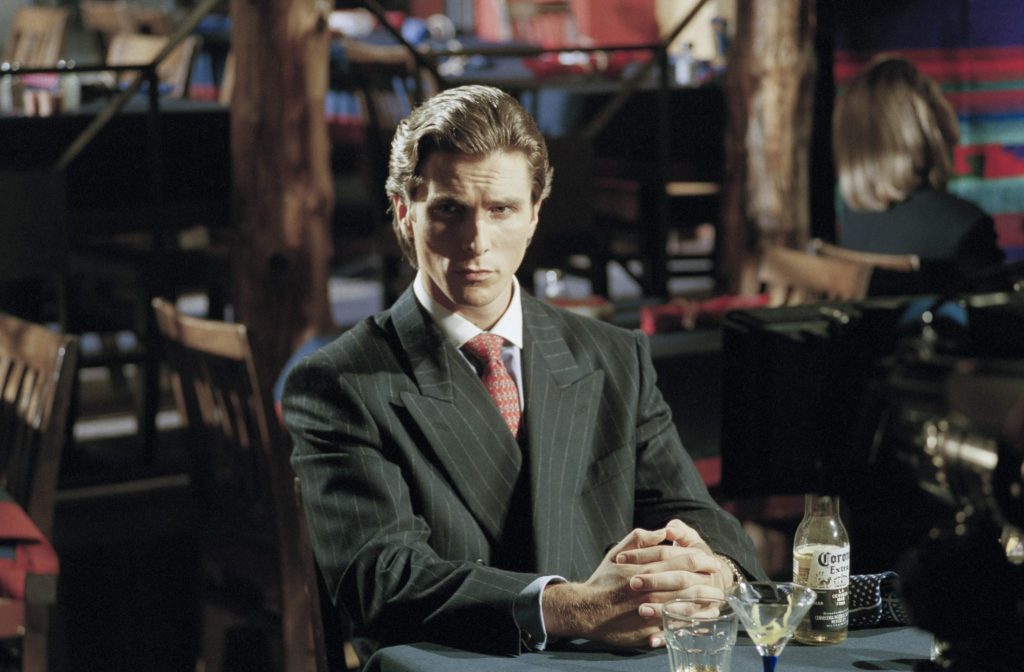- The director of American Psycho says many fans are misreading the film. We “never expected it to be embraced by Wall Street bros, at all,” says Mary Harron. The film celebrates its 25th anniversary this year.
American Psycho was always meant to be a satire. The film, released in 2000, starred Christian Bale as Patrick Bateman, a New York City investment banker who also happened to be a serial killer. Since then, he has become something of a TikTok favorite.
Director Mary Harron, however, says she is “mystified” by the “Wall Street bros” who idolize Bateman, adding they have missed the point of the film.
Bateman might wear good suits and have money and power, but he is, at his core, a fool, she said—and the film itself is “a gay man’s satire on masculinity,” she told Letterboxd Journal in an interview marking the film’s silver anniversary.
American Psycho was based on a book by author Bret Easton Ellis. Harron said “[Ellis] being gay allowed him to see the homoerotic rituals among these alpha males, which is also true in sports, and it’s true in Wall Street, and all these things where men are prizing their extreme competition and their ‘elevating their prowess’ kind of thing. There’s something very, very gay about the way they’re fetishizing looks and the gym.”
It also went on to be a Broadway musical.
For that and other reasons, Harron says she and other filmmakers never expected the film would be embraced by the finance community, much less a new generation. TikTok, though, has given the film another bite of the apple, as clips of Bateman have trended regularly with users.
“I’m always so mystified by it,” Harron said. “I don’t think that [co-writer Guinevere Turner] and I ever expected it to be embraced by Wall Street bros, at all. That was not our intention. So, did we fail? I’m not sure why [it happened], because Christian’s very clearly making fun of them.”
The film was met with criticism from feminist groups before its release, with some pointing to its toxic masculinity and misogyny. Afterward, some backed away from that, citing Harron’s direction. Critic Roger Ebert, at the time, wrote “She’s transformed a novel about blood lust into a movie about men’s vanity.”
This story was originally featured on Fortune.com






